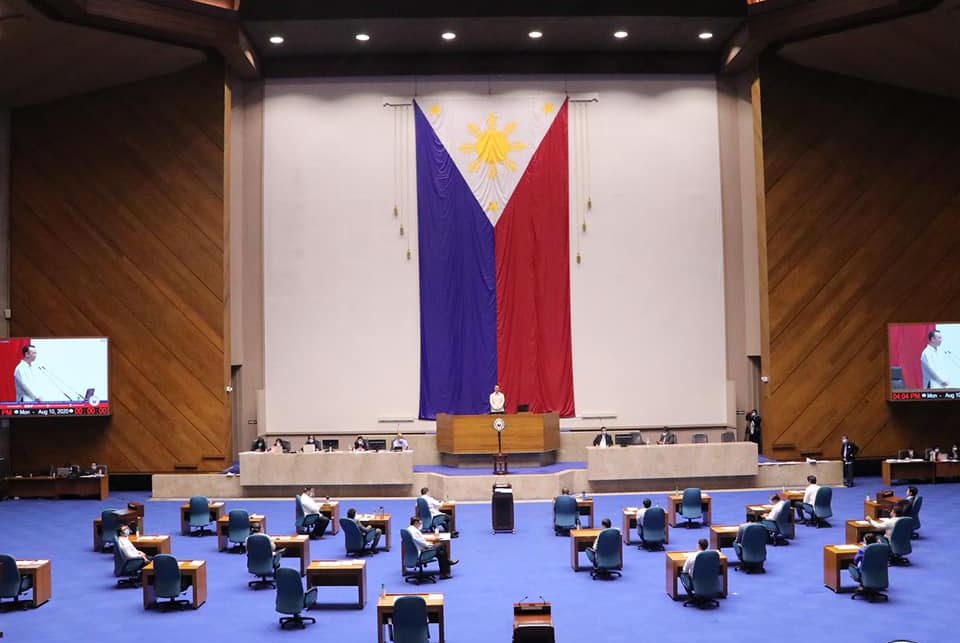Uncategorized
House okays creation of anti-drug abuse councils on 2nd reading

Under the bill, the ADAC refers to a multi-sectoral council composed of local officials and representatives of various community organizations tasked to spearhead the planning, implementation, and monitoring of all local anti-drug abuse programs, projects, and activities. (File Photo: House of Representatives/Facebook)
MANILA – The House of Representatives on Tuesday approved on second reading a measure creating anti-drug abuse councils (ADACs) in all provinces, cities, municipalities, and barangays across the country.
The lower chamber passed through voice voting House Bill 7812, which seeks to institutionalize anti-drug abuse councils to ensure the smooth implementation of anti-drug abuse programs and services that are readily accessible to all Filipinos.
Iloilo City Rep. Julienne Baronda, one of the principal authors of the bill, said the institutionalization of the ADACs is an effort to help President Rodrigo Duterte in his campaign against illegal drugs.
“The entire community, not only the government, should take part in this fight in order to completely eradicate the drug problem in our country,” Baronda said.
Under the bill, the ADAC refers to a multi-sectoral council composed of local officials and representatives of various community organizations tasked to spearhead the planning, implementation, and monitoring of all local anti-drug abuse programs, projects, and activities.
It shall also serve as an information-gathering mechanism which shall monitor and report to appropriate authorities suspicious illegal drug personalities, facilities, and activities within their jurisdiction.
Quezon City Rep. Jose Christopher Belmonte, another author, said the bill delineates the specific roles of the provincial, city, and municipal anti-drug abuse councils to guarantee that there is no overlap or discrepancy in any inter-local governmental effort.
It also proposes the creation of an anti-drug abuse office to maintain the institutional setup necessary for implementing people-centered, evidence- and rights-based programs.
“This measure also ensures that communities, church-based organizations, and civil society organizations may amplify the scale and scope of the efforts of our government,” Belmonte said.
The bill seeks creation of a drug rehabilitation program consisting of medical rehabilitation, reformatory rehabilitation, and community-based drug rehabilitation.
It also mandates the concerned local government units to appropriate 2 percent of their annual budget to fund the creation and operation of the ADACs and implement the provisions of the proposed law.





















